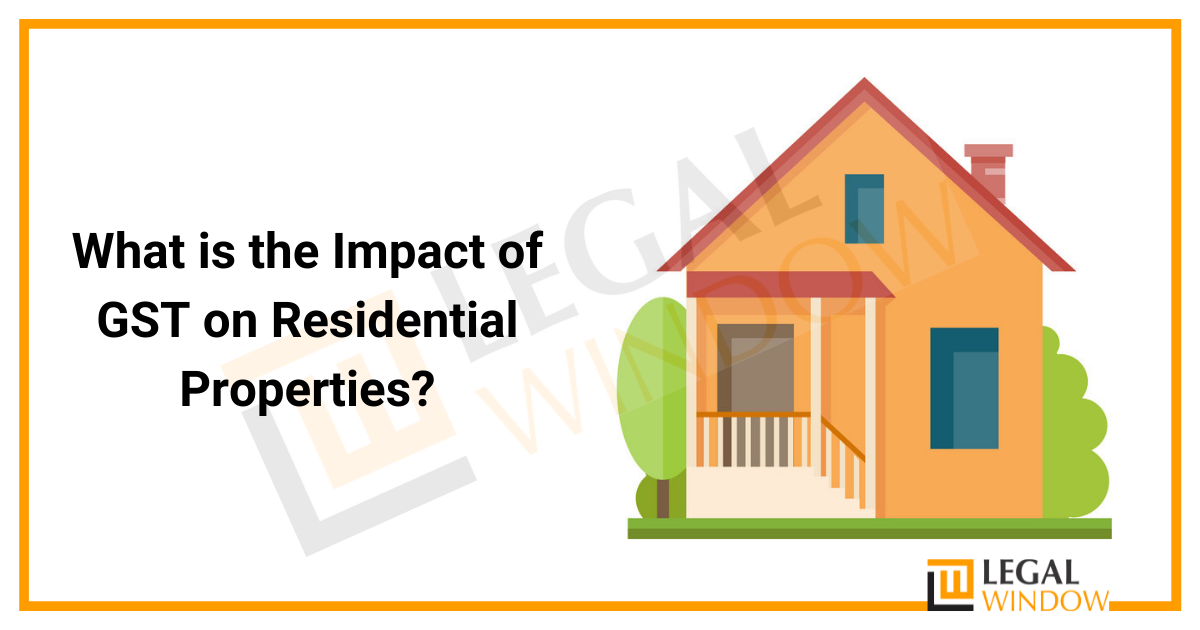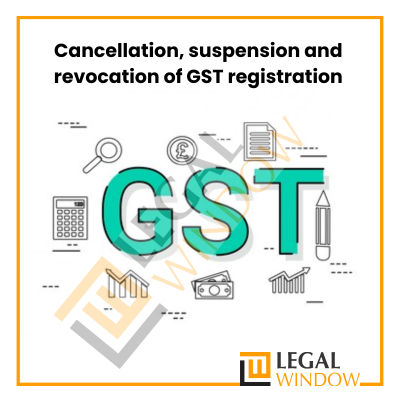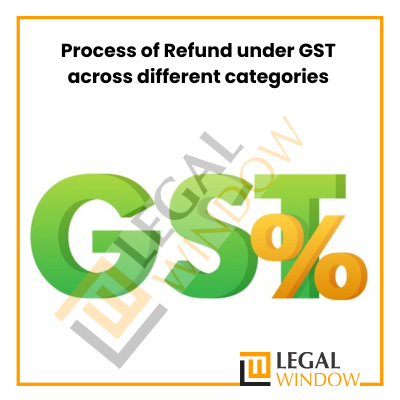
GST, which has been carried out from 1st July, 2017 has worried the majority of citizens and business because of its compliance requisites. What it means about the taxes in real estate sector got different views from industry specialists. Starting the article, it will attempt to bring up the issues included which will help in a better understanding of the various perspectives.
| Table of Contents |
GST Rate Comparison before and after 1st April, 2019
As referenced in a prior section, GST on residential property has been cut and the new rates became effective from the 1st April 2019. Following is the GST rate comparison before and after 1st April, 2019:
| TYPE OF REAL ESTATE PROPERTY | GST RATE TILL 31ST MARCH, 2019 | GST RATE FROM 1ST APRIL, 2019 |
| Residential Property (affordable housing segment) | 8% with ITC | 1% without ITC |
| Residential Property (non-affordable housing segment) | 12% with ITC | 5% without ITC |
| Commercial Properties | 12% with ITC | 12% with ITC(unchanged) |
Expected benefits of GST Rate cut on Residential Properties
The reduction of GST rates on residential properties proposed by the GST meeting was executed from 1st April 2019 and is relied upon to give the following benefits:
- Less difficult tax structure.
- Fair cost of property for purchaser because of GST rate decrease to 1% on residential properties in the Affordable Housing Segment.
- The issue of ITC benefits not getting passed to property purchasers is eliminated. Thus, the interest of purchasers gets secured.
- Better evaluating of residential properties as the issue of unused ITC being added to project cost is eliminated.
Impact on Buyers
Under GST, a single tax rate of 12% is appropriate on properties under development while GST isn’t applicable on finished or ready for sale properties which was the situation in past law. Thus buyers will profit from a decrease in costs under GST. For the time being, purchasers might adhere to a “wait and watch” way to deal with acquiring an understanding of the effect of GST on residential property costs.
Additionally, in the long haul, GST will have a positive effect on buyers assuming the benefit of ITC is given to the buyer by the developer.
Impact on Developers / Builders / Contractors
Under GST, developer’s construction costs are altogether decreased as numerous expenses are subsumed and because of the availability of ITC. Additionally, a decrease in the cost of planned operations or logistics will be an additional advantage. Consequently, developers might see improvement in margins.
Furthermore, in the prior laws, a huge part of expenditure remained unrecorded in the books. Under GST, accessibility of credit on input sources and cloud storage of invoicing has reduced under-recording of expenditure.
Registration and Stamp Duty in Real Estate
Registration and stamp Duty on real estate has been continued to remain in place as state government taxes subsequent to GST. These charges shift starting with one state then onto the next and may differ starting with one circle then onto the next inside a similar state itself.
In the GST era, stamp duty and registration charges will keep on being relevant in the event of both currently built and under development residential properties across India, while GST will be applicable just to under development properties being sold.
Input Tax Credit for Real Estate Developers
The GST impact on the real estate residential sector is that the land developers can guarantee the Input Tax Credit (ITC) on development inputs like work, concrete, blocks, and so forth under the GST system. The ITC was brought to avoid tax from tax positions. Under ITC, the tax charged on GST will be credited to the developer. It was normal that the ITC will rouse the developers to revert the advantages of credit to new homeowners. A few issues are looked at by the developers while guaranteeing the ITC:
- The receipt of each input is to be appropriately broken down to submit evaluations of GST.
- The info costs can change after some time, making it difficult to give exact evaluations.
- No provision to set off the increment in cost is there to guarantee ITC.
Conditions for Claiming ITC
Under the accompanying conditions, ITC can be guaranteed by the land developers:
- The developer needs to give the solicitations/receipts for guaranteeing the ITC.
- The products/services are received by the developer.
- No case on goods/services of individual use
- All past dues are paid
- A right GST has been recorded by him.
Takeaway
The resale market was additionally seriously hit with costs plunging by 15% to 20% in Delhi NCR according to the Liaise Foras report, despite the fact that GST isn’t applicable to resale properties. Consequently one may presume that the effect of GST can’t be precisely be checked at this point and just with additional time can a more clear picture arise in regards to the effect of GST on residential properties in real estate sector
On a more brilliant note, according to leading industry players and examiners, promises to be a superior year for the Indian real estate industry as interest for both commercial and residential property is relied upon to get.
CA Pulkit Goyal, is a fellow member of the Institute of Chartered Accountants of India (ICAI) having 10 years of experience in the profession of Chartered Accountancy and thorough understanding of the corporate as well as non-corporate entities taxation system. His core area of practice is foreign company taxation which has given him an edge in analytical thinking & executing assignments with a unique perspective. He has worked as a consultant with professionally managed corporates. He has experience of writing in different areas and keep at pace with the latest changes and analyze the different implications of various provisions of the act.
Categories
- Agreement Drafting (23)
- Annual Compliance (11)
- Change in Business (36)
- Company Law (147)
- Compliance (88)
- Digital Banking (3)
- Drug License (3)
- FEMA (17)
- Finance Company (42)
- Foreign Taxation (6)
- FSSAI License/Registration (14)
- GST (116)
- Hallmark Registration (1)
- Income Tax (199)
- Latest News (34)
- Miscellaneous (164)
- NBFC Registration (8)
- NGO (14)
- SEBI Registration (6)
- Section 8 Company (7)
- Start and manage a business (20)
- Startup/ Registration (126)
- Trademark Registration/IPR (40)
Recent Posts
About us
LegalWindow.in is a professional technology driven platform of multidisciplined experts like CA/CS/Lawyers spanning with an aim to provide concrete solution to individuals, start-ups and other business organisation by maximising their growth at an affordable cost.








